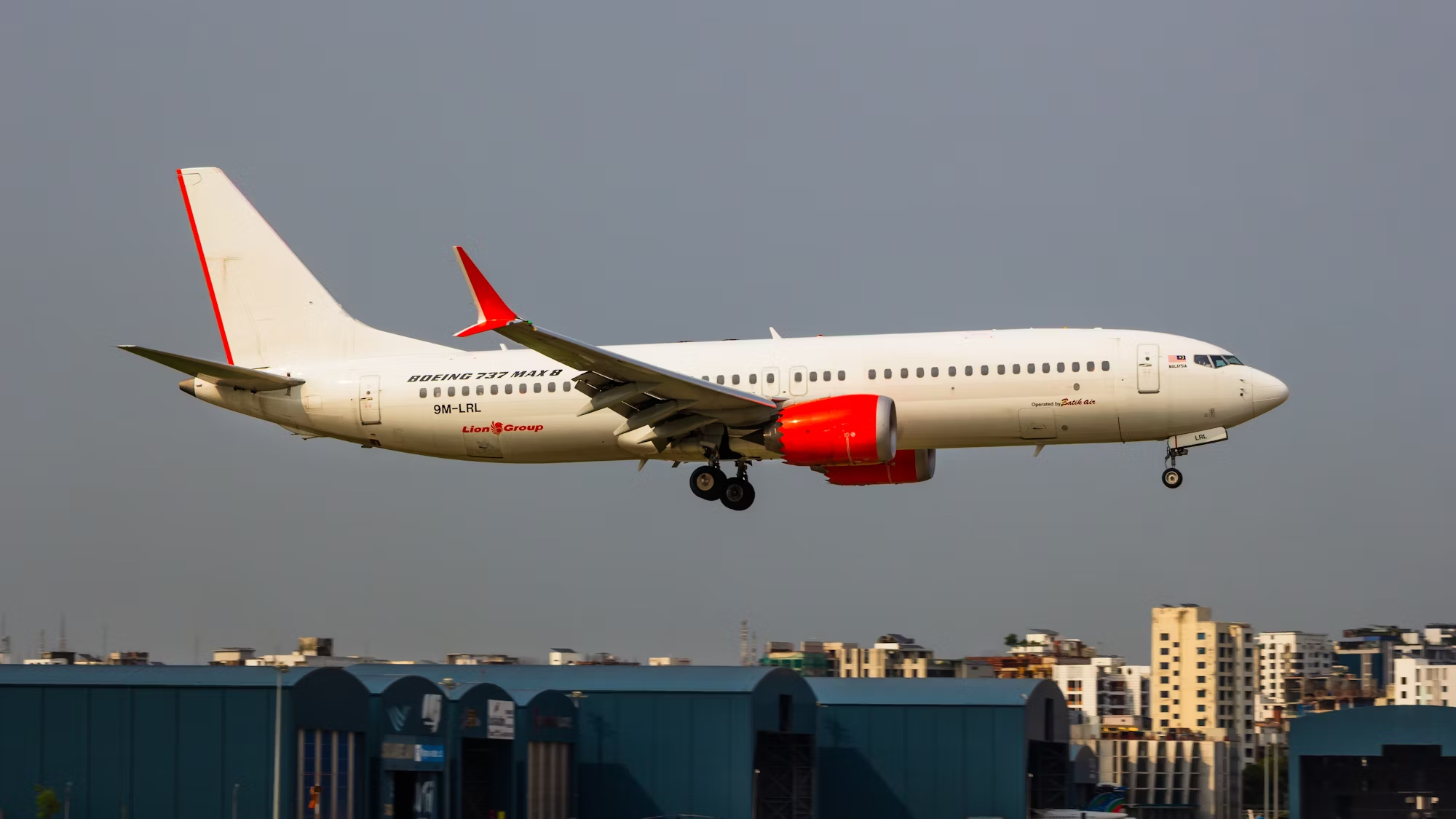Traveling has become an integral part of modern life, whether for business or leisure. With countless options available, planning a trip can be both exciting and overwhelming. This article aims to guide travelers through the essential aspects of journey preparation, from understanding different types of travel options to maximizing the experience once on the road. In today’s digital age, the first step in any journey typically begins online. The process of booking flights and accommodations has been transformed by technology, making it more accessible and efficient. Online travel agencies (OTAs) like Expedia and Booking.com allow travelers to compare prices, read reviews, and explore various options at their fingertips. However, while OTAs provide convenience, it’s essential to be mindful of their limitations. Sometimes, booking directly through an airline or hotel can lead to better deals or more flexible policies. It’s also wise to be aware of any hidden fees associated with booking platforms, ensuring that travelers are well-informed before making a decision. Beyond just flights and hotels, the modern traveler must also consider transportation options at their destination. Renting a car, using rideshare services like Uber and Lyft, or relying on public transportation are all viable choices. Each option has its advantages; for instance, renting a car offers flexibility, while rideshare services provide convenience without the hassle of parking. Public transportation is often the most economical choice and can provide a more authentic experience of the local culture. Once travel plans are in place, it’s time to consider the essentials for a smooth journey. Packing efficiently is crucial, as it can greatly impact the travel experience. A well-thought-out packing list can help prevent overpacking while ensuring that essential items are not forgotten. It’s advisable to pack versatile clothing that can be mixed and matched and to consider the climate and cultural norms of the destination. Additionally, travelers should always keep important documents, such as passports and travel insurance information, in a secure and easily accessible place. As travelers navigate through airports, it’s essential to stay informed about the latest security regulations and requirements. Familiarizing oneself with airport procedures can significantly reduce stress. Arriving early, being aware of carry-on restrictions, and knowing what items are prohibited can expedite the check-in and security process. With technology enhancing the travel experience, many airlines and airports now offer mobile check-in options, which allow passengers to bypass long lines and head straight to security. After arriving at their destination, travelers often seek to immerse themselves in the local culture. Engaging with the community can transform a trip from a mere vacation into a rich, memorable experience. Travelers should consider exploring local markets, trying regional dishes, and attending cultural events or festivals. These experiences provide a deeper understanding of the destination and often lead to meaningful interactions with locals. Additionally, learning a few key phrases in the local language can go a long way in connecting with residents and showing respect for their culture. Safety is another crucial consideration for modern travelers. Researching the safety of a destination before arrival can help travelers feel more secure and prepared. It’s advisable to stay updated on local customs and laws, which can vary significantly from one country to another. Utilizing resources such as government travel advisories can provide valuable information about safety concerns. Additionally, purchasing travel insurance can offer peace of mind, covering unexpected incidents that may arise during the trip. Sustainability is becoming an increasingly important topic in travel. Many travelers today prioritize eco-friendly practices, seeking to minimize their environmental impact while exploring the world. Choosing sustainable accommodations, supporting local businesses, and opting for activities that respect the environment are all steps that contribute to responsible tourism. Many hotels now offer green certifications, highlighting their commitment to sustainability, and travelers are encouraged to research and select accommodations that align with their values. As technology continues to evolve, its impact on travel is expected to grow. Emerging trends such as virtual reality (VR) and artificial intelligence (AI) are set to further enhance the travel experience. For example, VR can provide immersive previews of destinations, allowing travelers to explore before they book. Additionally, AI-driven tools can assist in personalizing travel experiences, recommending activities based on individual preferences. In conclusion, modern travel offers a wealth of opportunities and experiences, but it requires careful planning and consideration. From the initial stages of booking to navigating local cultures and practicing sustainability, each aspect plays a vital role in ensuring a fulfilling journey. By embracing technology, staying informed, and engaging with the local community, travelers can enrich their experiences and create lasting memories. As the world continues to change, the way we travel will undoubtedly evolve, making it essential for travelers to remain adaptable and open to new possibilities. With the right preparation and mindset, every journey can be a remarkable adventure, filled with discovery and connection.
Navigating the World of Travel: A Comprehensive Guide for Modern Travelers
